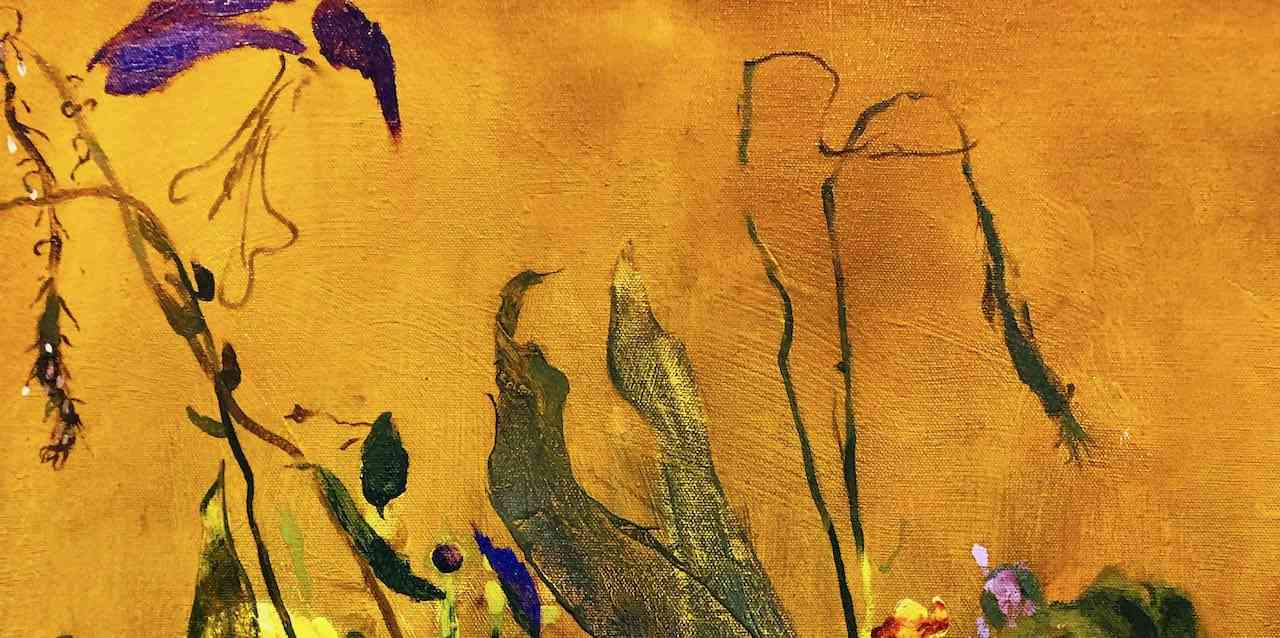
Dr Edwin Coomasaru
Research on gender, sexuality and race in modern and contemporary art
Dr Edwin Coomasaru
Research on gender, sexuality and race in modern and contemporary art
Queer Tropics: Decolonising Sexuality and Ecology in Sri Lanka
(IASH Postdoctoral Fellowship, Edinburgh University, 2022)
The project will explore relationships between ecology, sexuality and decolonisation in the portrayal of Sri Lanka (formerly Ceylon) by queer Sri Lankan photographer Lionel Wendt and queer British anti-imperialist filmmaker Basil Wright, who collaborated together in the 1930s prior to Sri Lanka’s independence from the British Empire in 1948.
Masculinity and Apocalypticism in British Art, 1967-2020
(Research Continuity Fellowship, Paul Mellon Centre, 2020; Postdoctoral Fellowship, Paul Mellon Centre, 2021-22)
How have images of masculinity and apocalypticism shaped political crises in Britain over the last fifty years? From Enoch Powell’s racist ‘Rivers of Blood’ (1968) speech to the start of the coronavirus pandemic (2020), politicians and artists have invoked the end times to either promise a male saviour figure to restore order — or alternatively have drawn on Armageddon as a metaphor to radically reimagine gender, sexuality and race in Britain. The project considers artworks and films by Keith Piper, Derek Jarman, and the Otolith Group.
Gendering Brexit’s Visual Culture
(Postdoctoral Fellowship, The Courtauld Institute of Art, 2018-19)
How might feminist or anti-racist politics might be brought to bear on the political rhetoric and visual culture surrounding Brexit? How have artists like Rita Duffy, Project O, Ursula Burke and Candida Powell-Williams reflected on a larger crisis of British identity that has been both articulated and acerbated by Brexit? The fellowship also hosted a conference on Imagining the Apocalypse and a lecture series of Artists on Brexit, as well as The Courtaud’s Early Career Research Network.
Gender, Sexuality and the Legacies of the ‘Troubles’ in Visual Culture
(CHASE/AHRC-funded PhD, The Courtauld Institute of Art, 2014-18)
The PhD project examined art and visual culture produced after the 1998 Good Friday Agreement, exploring how the conflict was registered by and worked through in the collective imagination. Looking at artworks and films by Willie Doherty, Ursula Burke, Mariah Garnett, Steve McQueen, Maeve Murphy, Dudi Appleton, Rita Duffy, Mary McIntyre, Malcolm Craig Gilbert and Stuart Griffiths – the thesis considered how cultural representations of the ‘Troubles’ from 1998 both staged and shattered the historic gender norms that were once cultivated to support the conflict.